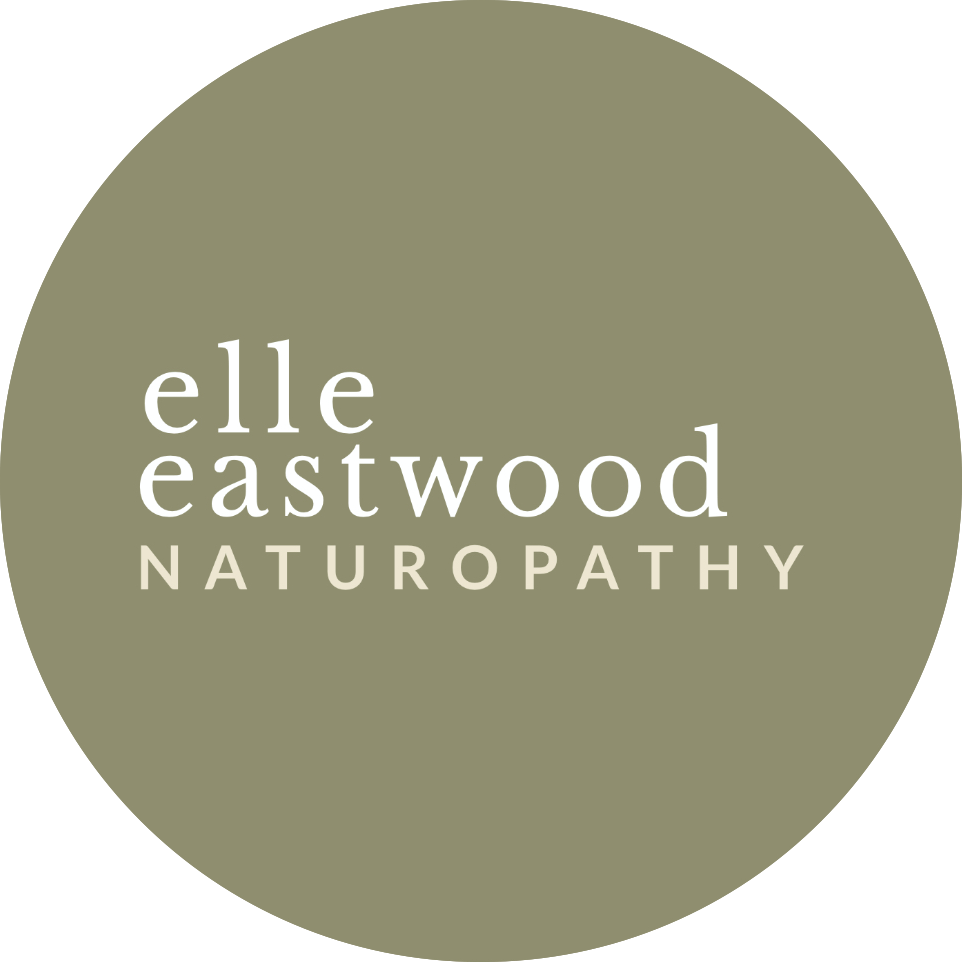Is Apple Cider Vinegar worth the hype?
Apple cider vinegar or (ACV) seems like it is everywhere lately - Instagram, bloggers, naturopaths rave about the stuff. So is there merit behind the madness or is it just another hyped up health claim?
Hippocrates, the father of medicine, first used ACV (in ancient Greece) to aid cleansing and healing of the body.
So what can ACV help you with?
PROMOTES DIGESTION
Traditionally, many naturopaths recommend ACV as a morning tonic taken just before food to promote digestion. As ACV is a bitter, it helps to stimulate the release of gastric acids from the stomach. We need adequate levels of gastric acid to help maintain an acidic environment in our stomachs to optimise break down of proteins in food. Low stomach acid can lead to many different health issues in the body such as reflux and GORD.
In a 2015 study, ACV showed anti-fungal activity, specifically against Candida spp which may make it a great therapeutic aid for those on an anti-candida protocol. And even better, the acetate acid in ACV acts a prebiotic agent to the gut, increasing levels of Lactobacillus and Bifidobacteria (you want ample levels of these guys).BLOOD SUGAR CONTROL
Studies show ACV may help regulate blood sugar levels. Interestingly, participants who consumed 2 tablespoons of ACV with a cheese snack before bed experienced lower blood sugar levels in the morning compared to the same snack consumed with water before bed. It has also been shown to increase insulin sensitivity in patients with Type 2 diabetes.SUPPORTS WEIGHT LOSS
In obese individuals, daily ingestion of 15 or 30ml of vinegar was shown to reduce body weight, BMI and waist circumference compared to the placebo group. Consuming vinegar with meals is also thought to increase levels of satiety (fullness) and reduce the amount of food consumed throughout the day.CARDIOPROTECTIVE
In a 2014 animal study, mice were fed a high cholesterol diet and supplemented with ACV for 28 days. At the end of the study the mice fed the ACV were found to have decreased levels of cholesterol and lower levels of oxidative stress than the control mice group. The acetic acid in vinegar may also help lower blood pressure.SKIN HEALTH
ACV is great as a toner diluted down and spayed directly on the skin. It is also really effective at eradicating and drying out blemishes on the skin. For those with eczema or psoriasis it can be effective as an anti-fungal and anti-inflammatory agent.
HOW DO I USE IT?
➝ Drizzle over salad to use as a salad dressing.
➝ Take 1 Tbspn undiluted or mixed with a small amount of honey.. If consuming undiluted, it is best to consume it through a straw as vinegar can be erosive to tooth enamel.
➝ Take 1-2 Tbsp's diluted in a glass of water. Be aware that this will alter the pH of the vinegar as water's pH is alkaline at 7, but this is more palatable.
Note: When choosing ACV, make sure it includes the 'mother' (the murky substance) like the Braggs ACV. The mother ensures the vinegar hasn't been pasteurised and filtered and is of the highest quality.
On a personal note... I have noticed many benefits since incorporating ACV into my morning routine. I notice an immediate boost in energy after my shot and am not reaching for a snack by 10am. I feel so much more satisfied from breakfast. I've also started using it directly on my skin to reduce skin pigmentation so will report back on that soon!
Sources:
Kondo, T et al. 2009, 'Vinegar intake reduces body weight, body fat mass, and serum triglyceride levels in obese Japanese subjects', Bioscience, Biotechnology & Biochemistry, vol. 73, no. 8, pp. 1837-43
Johnston, C et al. 2004, 'Vinegar Improves Insulin Sensitivity to a High-Carbohydrate Meal in Subjects With Insulin Resistance or Type 2 Diabetes', Diabetes Care, vol. 27, no. 1, pp. 281-282
Mota, AC, et al. 2015, 'Antifungal Activity of Apple Cider Vinegar on Candida Species Involved in Denture Stomatitis', Journal of Prothodontists, vol.24, no, 4, pp. 296-302
Nazirogiu, M et al 2014, 'Apple cider vinegar modulates serum lipid profile, erythrocyte, kidney, and liver membrane oxidative stress in ovariectomized mice fed high cholesterol', The Journal of Membrane Biology, ol. 247, no. 8, pp. 667-73
White, A & Johnston, C 2007, 'Vinegar Ingestion at Bedtime Moderates Waking Glucose Concentrations in Adults With Well-Controlled Type 2 Diabetes', Diabetes Care, vol. 30, no.11, pp. 2814-2815

